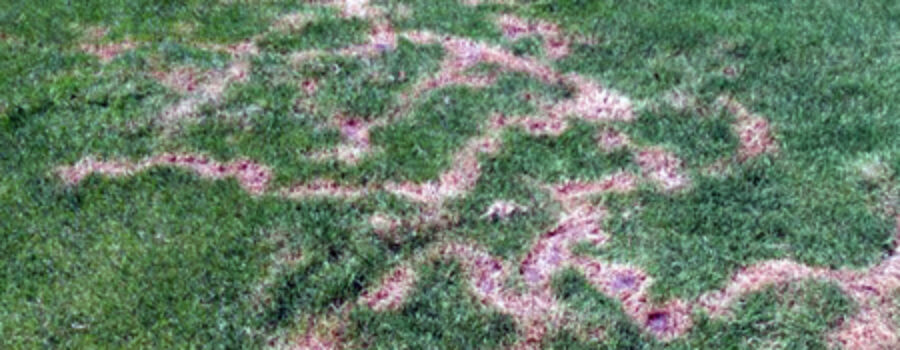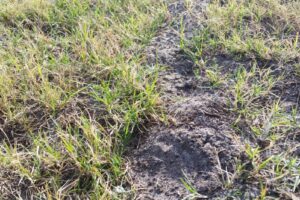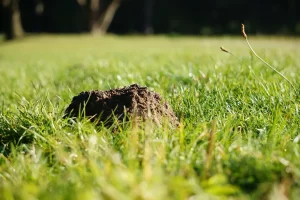A common argument I heard in favor of moles is that they aerate the grass. Is this actually true?
Moles do provide some natural aeration as they tunnel through the soil, loosening compacted earth and allowing air, water, and nutrients to reach deeper layers. However, this benefit is outweighed by the damage they cause.
One major issue is that moles feed on earthworms—nature’s best soil aerators. Earthworms improve soil structure, aid drainage, and enrich the soil with organic matter. By reducing the worm population, moles can actually degrade soil health over time.
Additionally, the tunnels moles create can harm grass growth. The tunnel network they produce weakens root systems, making grass more vulnerable to drought. In hot, dry weather, the grass directly above their tunnels often dies, leaving unsightly brown lines. Air pockets in the loosened soil can also cause further drying, worsening the problem.
While moles may contribute to some soil aeration, their presence typically does more harm than good when it comes to maintaining a healthy, even lawn.
If moles are damaging your lawn, professional mole control is the best solution. The Wrington Mole Catcher can provide mole trapping services to remove them effectively and prevent further destruction.
Your local mole controller can provide long-term mole control methods to ensure your lawn stays healthy and mole-free.




